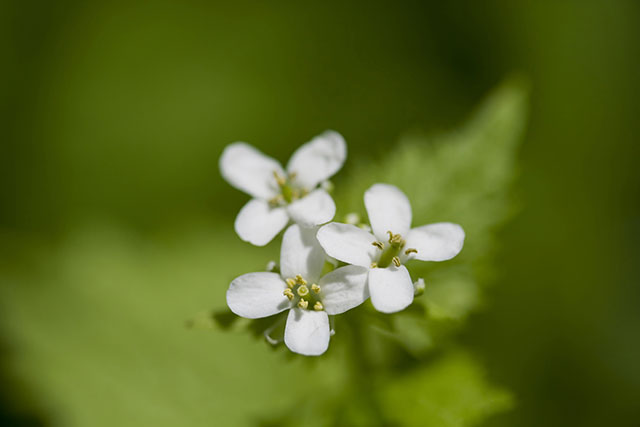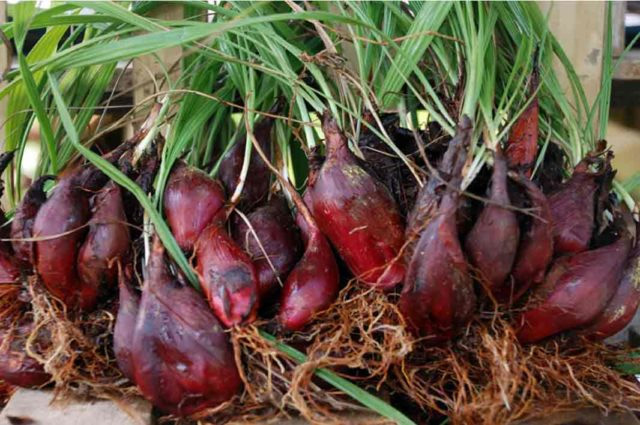A high-carb diet could lead to early menopause
08/13/2018 / By Michelle Simmons

Eating a diet rich in carbohydrates could result in earlier menopause, according to a study published in the Journal of Epidemiology & Community Health.
In the study, researchers from the University of Leeds in the U.K. evaluated women who were between the ages 45 and 60. The researchers looked at their onset of natural menopause. The study participants completed food frequency questionnaires as well, so that the researchers could evaluate associations with diet.
Based on the results, a diet composed of foods rich in carbohydrates, such as pasta and rice, was associated with earlier menopause. On the other hand, a diet rich in legumes and oily fish slowed down the onset of menopause. Overall, eating more carbohydrate-rich foods was associated with women reaching menopause 0.2 years earlier among women 50 years old and younger. The average age of menopause onset in the U.K. and the U.S. is 51.
Although legumes are still relatively rich in carbohydrates within the context of a low-carb diet, the researchers believe that its positive effect on menstruation is due to its antioxidant content that may support menstruation for longer. At the same time, because increased carbohydrate intake elevates the risk of insulin resistance, menstruation could be affected due to increased estrogen and altered hormone levels, especially if the subject is overweight.
The researchers concluded that eating more foods rich in carbohydrates, such as pasta and rice, cause an earlier onset of menopause by 0.2 years in women aged 50 and below.
“A clear understanding of how diet affects the start of natural menopause will be very beneficial to those who may already be at risk or have a family history of certain complications related to menopause,” explained Janet Cade, one of the researchers.
The researchers noted that even though the study does not prove a link with the foods mentioned, it contributes to the limited information on why some women experience menopause earlier than others.
More on early menopause
Menopause is a natural occurrence in women around the age of 51 as a part of aging. It occurs when the ovaries stop producing the estrogen, which controls the reproductive cycle. A woman is going through menopause when she has not had a period for more than 12 months. For some women, menopause starts before age 40, which is referred to as early menopause.
Early menopause may occur due to genetics, lifestyle factors, such as smoking, autoimmune diseases such as thyroid problems and rheumatoid arthritis, and epilepsy. However, sometimes the cause cannot be determined. Early menopause can start as soon as irregular periods or periods that are noticeably longer or shorter than normal. Other symptoms of early menopause include heavy bleeding, spotting, periods that last more than seven days, and a period after a year of no bleeding. Moodiness, changes in sexual feelings, vaginal dryness, difficulty sleeping, hot flashes, night sweats, and loss of bladder control are also common symptoms of menopause.
Less estrogen than normal can contribute to other conditions, such as infertility, heart disease, osteoporosis, Parkinson’s-like symptoms, depression, dementia, and premature death. To lower your risk of early menopause, eat foods rich in vitamin D and calcium. In a study published in the American Journal of Clinical Nutrition, researchers revealed that a diet rich in vitamin D and calcium cuts the risk for early menopause and keeps the ovaries young, ensuring that a woman’s fertile period does not end prematurely.
Read more news stories and studies on women’s health by going to WomensHealth.news.
Sources include:
Tagged Under: carbohydrate-rich foods, carbohydrates, diet, early menopause, high-carb diet, lifestyle, Menopause, natural remedies, women, women's health




















